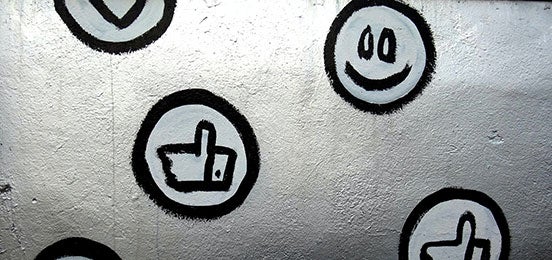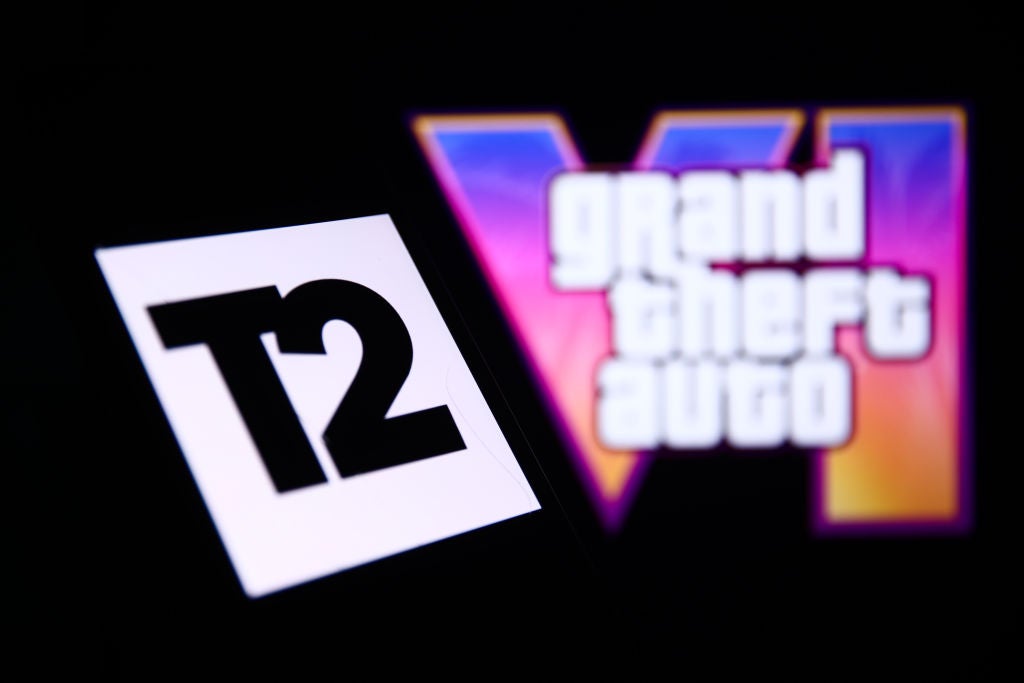
Tech companies rarely get involved in direct political action, if they can help it.
Over the Cambridge Analytica affair, Silicon Valley was mute, leaving Facebook to answer the awkward questions. Over the #MeToo debate, the sector kept its head down, choosing instead to commit to a review of internal sexual harassment policies. Tech companies were also pretty quiet during the 2018 anti-gun rallies in the US in response to the Stoneman Douglas High School shooting.
But the Black Lives Matter movement of 2020 has drawn a far stronger and more committed demonstration of support. And last week’s so-called Juneteenth – the 19 June date that recalls one of the final acts to eliminate slavery in the USA – saw the sector come out in force.
Tech companies dig deep for justice and equality
The most common support for the movement is in the form of donations to NGOs and advocacy groups working for societal justice and equality, as well as groups helping to facilitate the Black Lives Matter protests and agencies supporting African American and minority communities in the US. The fund donations from the ‘Big Four’ GAFA (Google, Amazon, Facebook and Apple) already total around USD $132 million, but many far smaller companies – from Uber to Reddit – have also committed to advocacy group funding of USD $1 million each.
But many others have taken the initiative to launch a more direct form of political action, from naming Juneteenth a corporate public holiday (Twitter, Facebook, Google, Amazon, Uber and Lyft) to refusing to supply facial recognition technology to US police departments (IBM, Microsoft and Amazon) for racial profiling purposes and demanding better regulation for the use of such technology in society.
Others have made changes to their digital app features to allow black and minority-run companies higher placement and visibility in app search menus. In one notable example, messaging app Signal introduced a new face-blurring feature to allow users to share photos of the demonstration whilst protecting the identity of their fellow protestors. In another example, Uber launched a new feature on food delivery app Uber Eats to give additional visibility to black and minority-owned restaurants to end users in the US and Canada ordering food over the app.
How well do you really know your competitors?
Access the most comprehensive Company Profiles on the market, powered by GlobalData. Save hours of research. Gain competitive edge.

Thank you!
Your download email will arrive shortly
Not ready to buy yet? Download a free sample
We are confident about the unique quality of our Company Profiles. However, we want you to make the most beneficial decision for your business, so we offer a free sample that you can download by submitting the below form
By GlobalData#BlackoutTuesday and beyond
In terms of using their own digital channels to demonstrate support to the mass media, the most notable form of PCSR activity came from the online entertainment and music streaming industry, which spearheaded the 2 June #BlackoutTuesday social media campaign.
This encouraging companies to halt all new content production in support of the Black Lives Matter protests – a form of social media ‘strike’ – to make way for an array of solemn digital tributes to the 8 minutes and 46 seconds in which George Floyd was killed in police custody.
Many other companies, including US telcos, have published large banner ads on their own webshops to indicate their support for the movement and its principles.








Related Company Profiles
Apple Inc
Lyft Inc